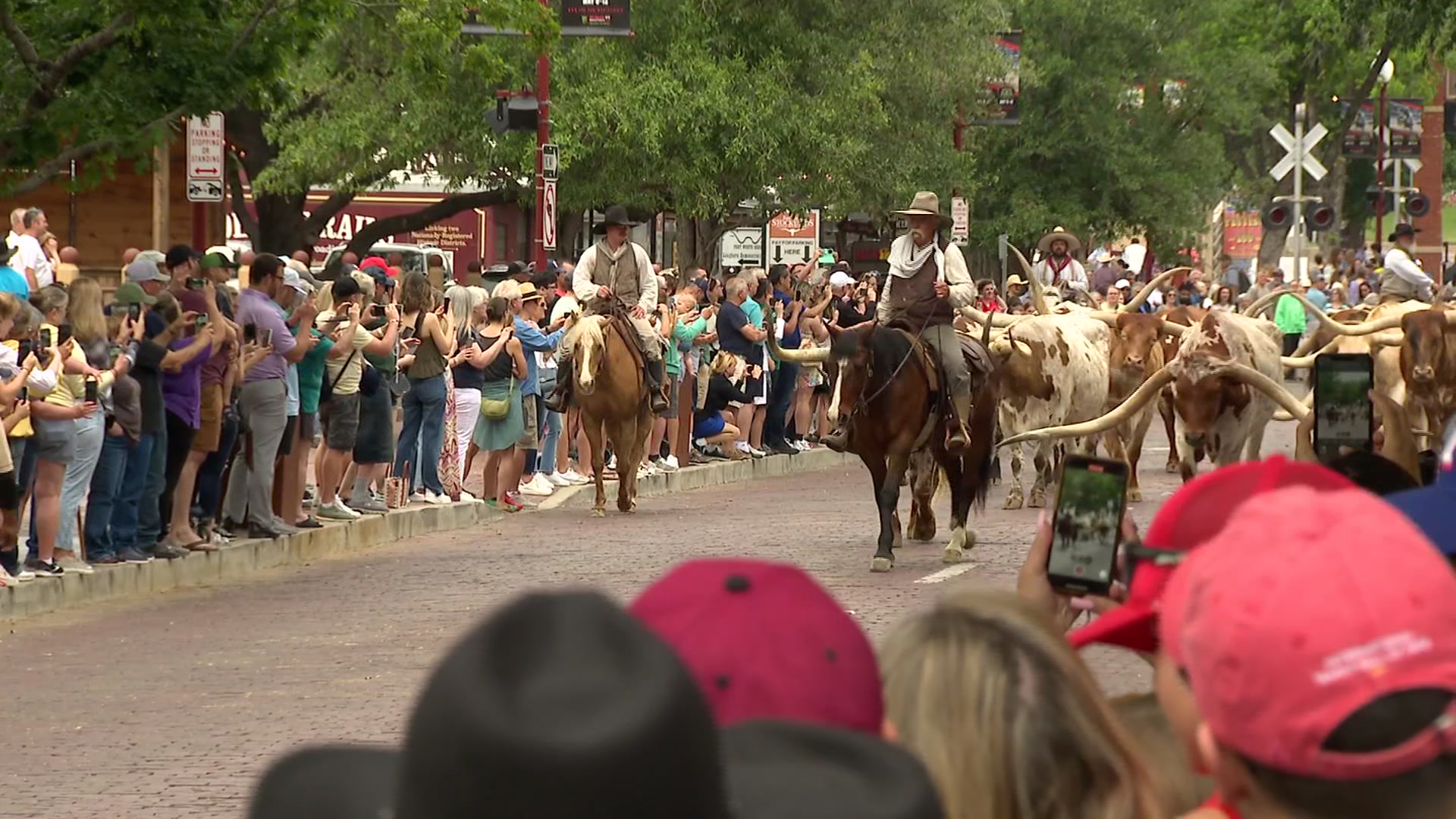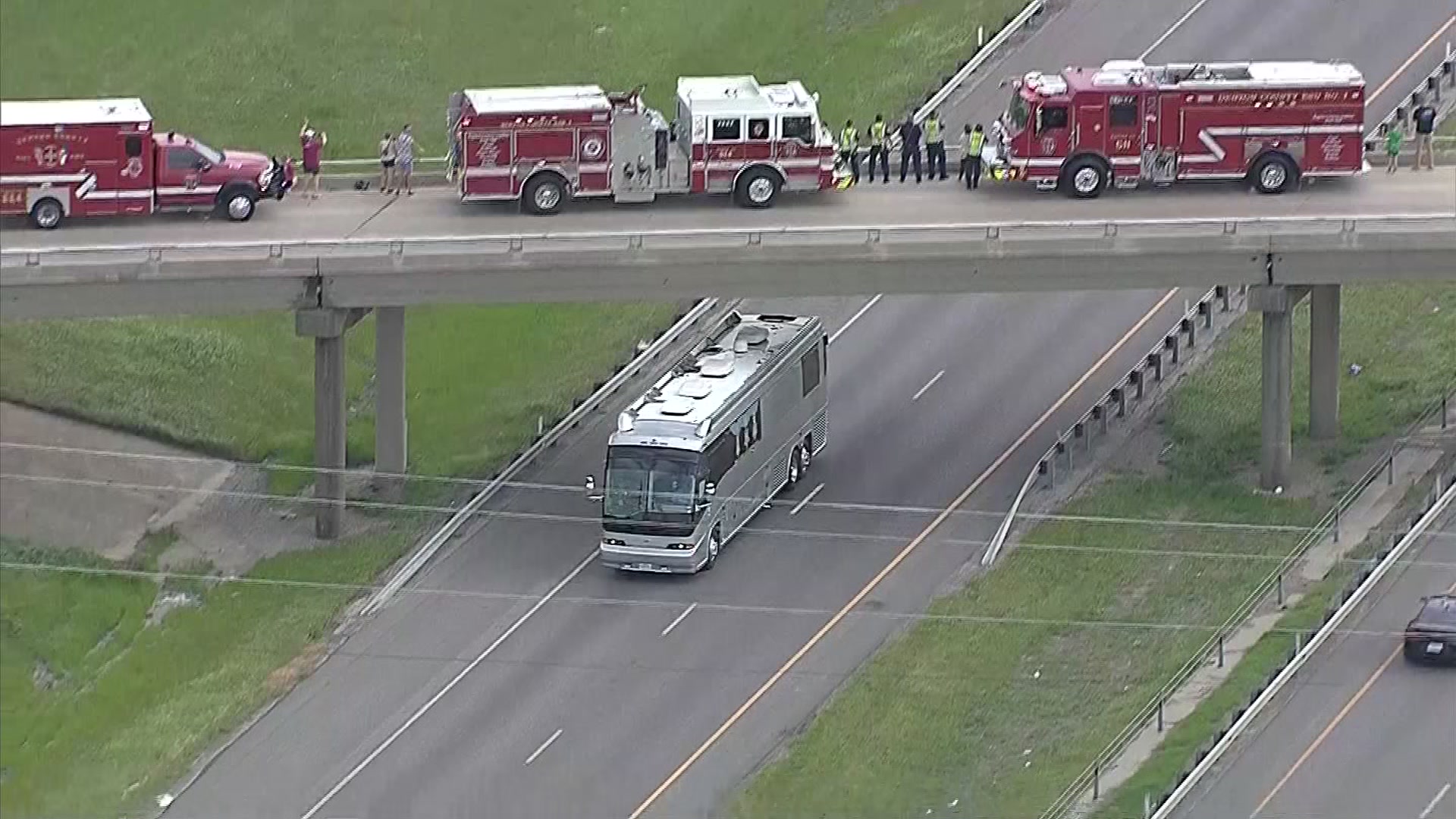Last year, Texans bought almost 4,300 personalized license plates that generated $9.6 million in revenue for the state. Vanity plates start at $70 each, but can cost as much as $800 for a 10-year plate, but just because you're paying for a vanity plate doesn't mean you can get whatever you want.
NBC 5 learned some drivers have been turned down after officials with the Texas Department of Motor Vehicles determined their license plates could be interpreted as something objectionable.
David Owen is one of the unfortunate 544 Texans whose plate application was rejected last year.
Owen wanted plates that reflected his chosen profession, which is cleaning up doggie droppings on the well-manicured lawns of North Dallas.
“We say, ‘Leave your poo for us to do,’” said Owen, reciting his slogan.
He’s a pooper scooper. His business, Doggie Patrol, does that which every dog owner dreads - cleaning the yard. Owen cleans 180 yards a week and, while doing so, his truck is a rolling advertisement. His license plate, DOG DOO, is part of his campaign.
“A lot of people call and say, ‘We like the plates,’” said Owen, grinning.
Local
The latest news from around North Texas.
The Department of Motor Vehicles approved his DOG DOO plates in 2008. But since that time, the state has adopted new criteria for personalized plates and when Owen tried to order T DOG DOO for his second work truck, the DMV rejected his application because state statute now mandates that no plates be issued that are “indecent,” which includes an “excretory function.”
The state said rules must guide the plates you see on the road because they’re visible to 20 million Texans.
NBC 5 obtained a list of some of the rejected plate applications. The reasons some were rejected were clear in cases like NEED SEX and ALL BS. But the reasons why others were rejected were less clear.
A plate with the word, PROZC, was requested by one of the Mavs ManiAACs, the male dancers who perform at Dallas Mavericks games. In a letter, the DMV explained its denial, writing the plate may have an “entirely different, and possibly offensive, meaning to the general public than the one intended by the applicant.”
Other rejected plates include ICEHOL, for a vehicle promoting Icehole Cooler Company, and KILLNM, for vehicles driven by the owner of a start-up pest control business.
The Department of Motor Vehicles said both plates were potentially offensive.
According to Randy Elliston, the DMV’s director of the Vehicles and Titles registration division, examining each plate to determine whether it’s objectionable is a time intensive process. Each requested plate is scrutinized from left to right and right to left, then in a mirror because that’s how motorists see it when a vehicle is behind them.
If the plate is rejected an applicant can appeal, though Elliston makes the final decision.
“It gets pretty wild. It’s things that would probably make most people blush if they saw some of them,” Elliston said.
But Doggie Patrol’s David Owen poo poo’d all the scrutiny the state gives plate applications.
“I view it as just outrageous. If you can’t have fun in your business, it’s a crappy job as it is, you might as well have a little fun with the plates,” Owen said.
Editor's Note: A previous headline in this story said 10 percent of plates were rejected, that number was closer to 1 percent. We regret the error.



